
🌙 9 Signs of Diabetes That Appear at Night — What You Should Know

- Waking up two or more times per night to pee
- Caused by high blood sugar pulling fluid from tissues into the bloodstream → kidneys work overtime to filter it out
🩺 Common in both type 1 and type 2 diabetes
💡 Not normal after age 60 if happening nightly
2. Extreme Thirst (Nocturnal Polydipsia)
- Waking up with a dry mouth or intense need for water
- Your body’s response to fluid loss from frequent urination
📌 Often follows bathroom trips — creating a cycle of thirst → drink → pee
3. Night Sweats (Unexplained)
- Drenching sweats not caused by room temperature or menopause
- Can be due to nocturnal hypoglycemia (low blood sugar), especially in people taking insulin or certain diabetes medications
⚠️ If you have diabetes and wake up sweaty, shaky, or confused — check your blood sugar
4. Blurred Vision Upon Waking
- Temporary blurriness that clears after minutes or hours
- High blood sugar causes fluid shifts in the lens of the eye
✅ Resolves once glucose levels stabilize — but recurring episodes need evaluation
5. Increased Hunger Before Bed or At Night
- Feeling ravenous despite eating enough
- Insulin resistance prevents cells from absorbing glucose → brain thinks you’re starving
🧠 This “starvation in the midst of plenty” drives late-night cravings
6. Fatigue That Doesn’t Improve With Sleep
- Falling asleep easily but waking unrefreshed
- Poor glucose control disrupts deep sleep stages and oxygen delivery
📉 Chronic fatigue is one of the top early complaints in undiagnosed diabetes
7. Leg Cramps or Tingling (Early Neuropathy)
- Leg cramps, numbness, or “pins and needles” at night
- Early sign of diabetic neuropathy — nerve damage from prolonged high blood sugar
🩺 Often starts symmetrically in feet ("stocking distribution")
8. Recurrent Infections (Like Yeast or UTIs)
- Frequent vaginal yeast infections or urinary tract infections
- High glucose in urine feeds bacteria and fungi
- More common in women with undiagnosed or poorly controlled diabetes
🔔 Notice a pattern? It may be metabolic.
9. Snoring or Sleep Apnea Symptoms
- Loud snoring, gasping, or daytime sleepiness
- Strong link between obstructive sleep apnea (OSA) and insulin resistance
- OSA worsens blood sugar control — and vice versa
🩺 The American Diabetes Association recommends screening for OSA in patients with type 2 diabetes
✅ Who Should Be Extra Cautious?
🩺 Prediabetes affects over 1 in 3 adults — most don’t know they have it.
✅ What You Can Do Tonight
Don’t panic — take action.
💡 HbA1c measures average blood sugar over 2–3 months — a powerful early indicator.
❌ Debunking the Myths
🚨 When to See a Doctor
See your healthcare provider if:
- You regularly wake up to pee or drink water
- You experience night sweats without explanation
- You have persistent fatigue despite good sleep
- You notice tingling in hands or feet
🩺 A simple blood test can detect prediabetes or diabetes — and early intervention can prevent progression.
Final Thoughts
You don’t need to suffer through another restless night.
That dry mouth? That trip to the bathroom at 3 a.m.? They’re not just annoyances. They might be whispers from your body — asking for attention.
So next time you're lying awake… don’t dismiss it.
Listen. Act. Ask questions.
Because real health isn’t about perfect numbers. It’s about catching the small signs — before they become big problems.
And that kind of awareness? It starts with one quiet moment — and one brave decision to care.
News in the same category


Eating Beans Daily Slashes Your Risk of Heart Disease and Diabetes, Study Finds
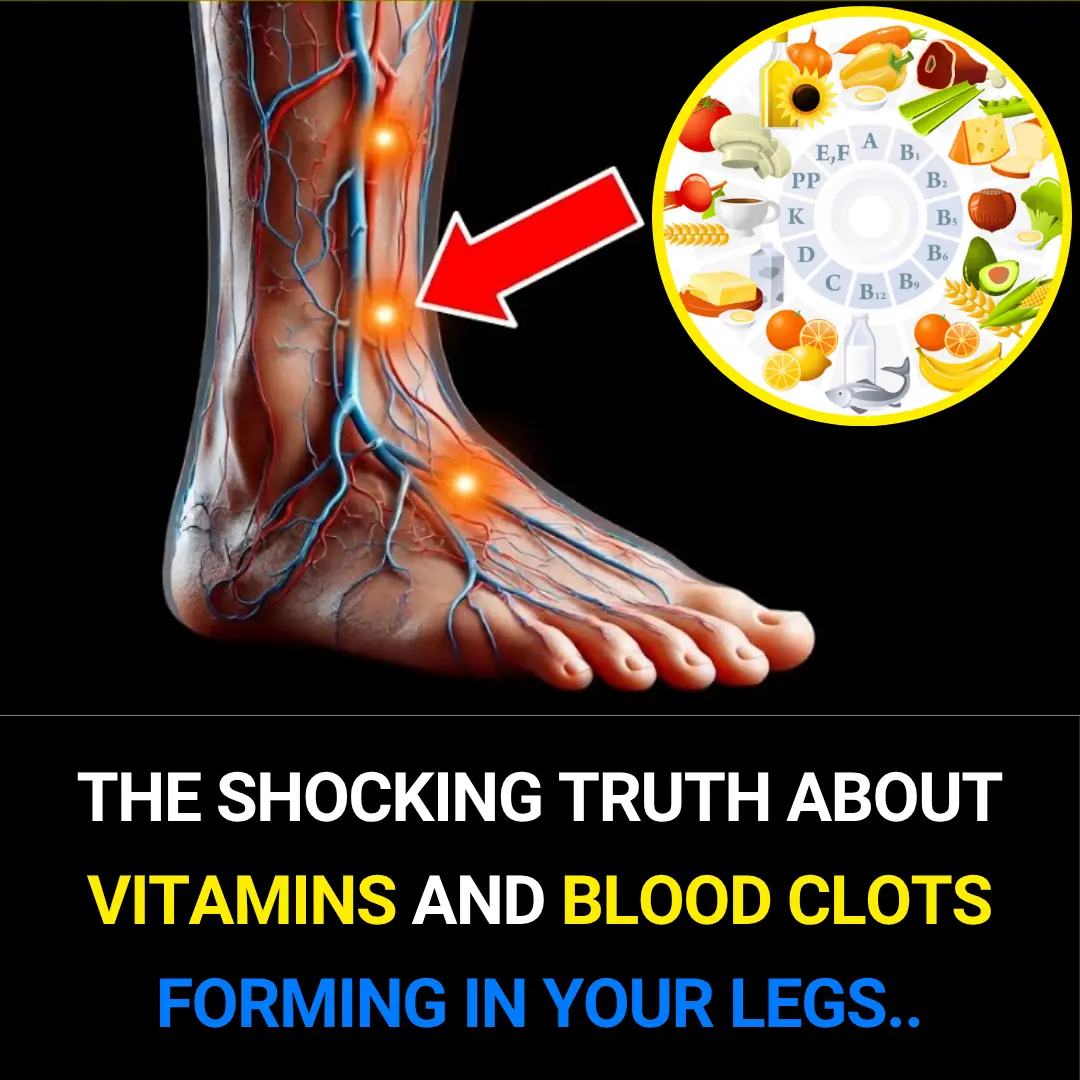
The Shocking Truth About Vitamins and Blood Clots in Your Legs
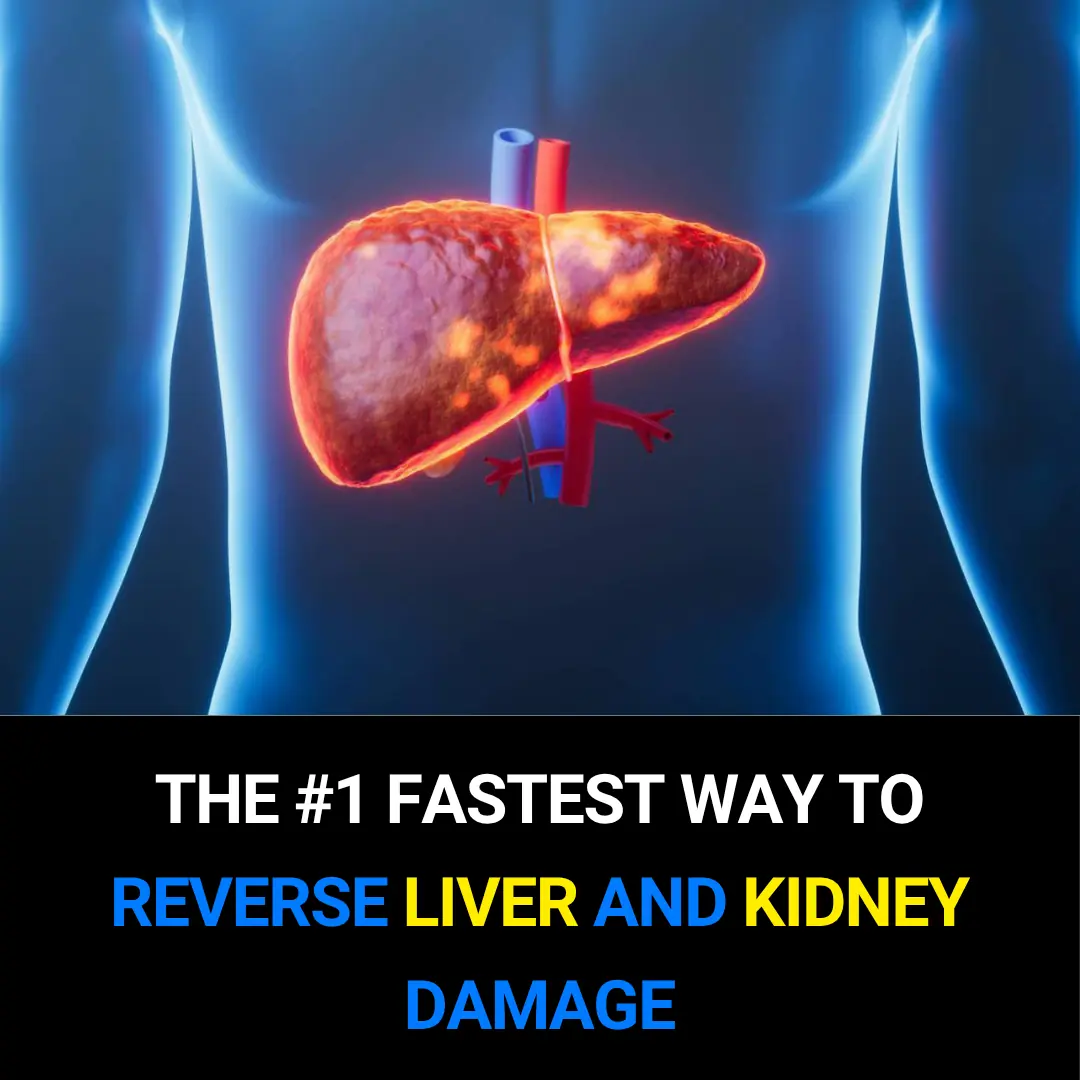
The #1 Fastest Way to Reverse Liver and Kidney Damage

Health Problems That Improve with Vitamin B12 (and How to Use It)
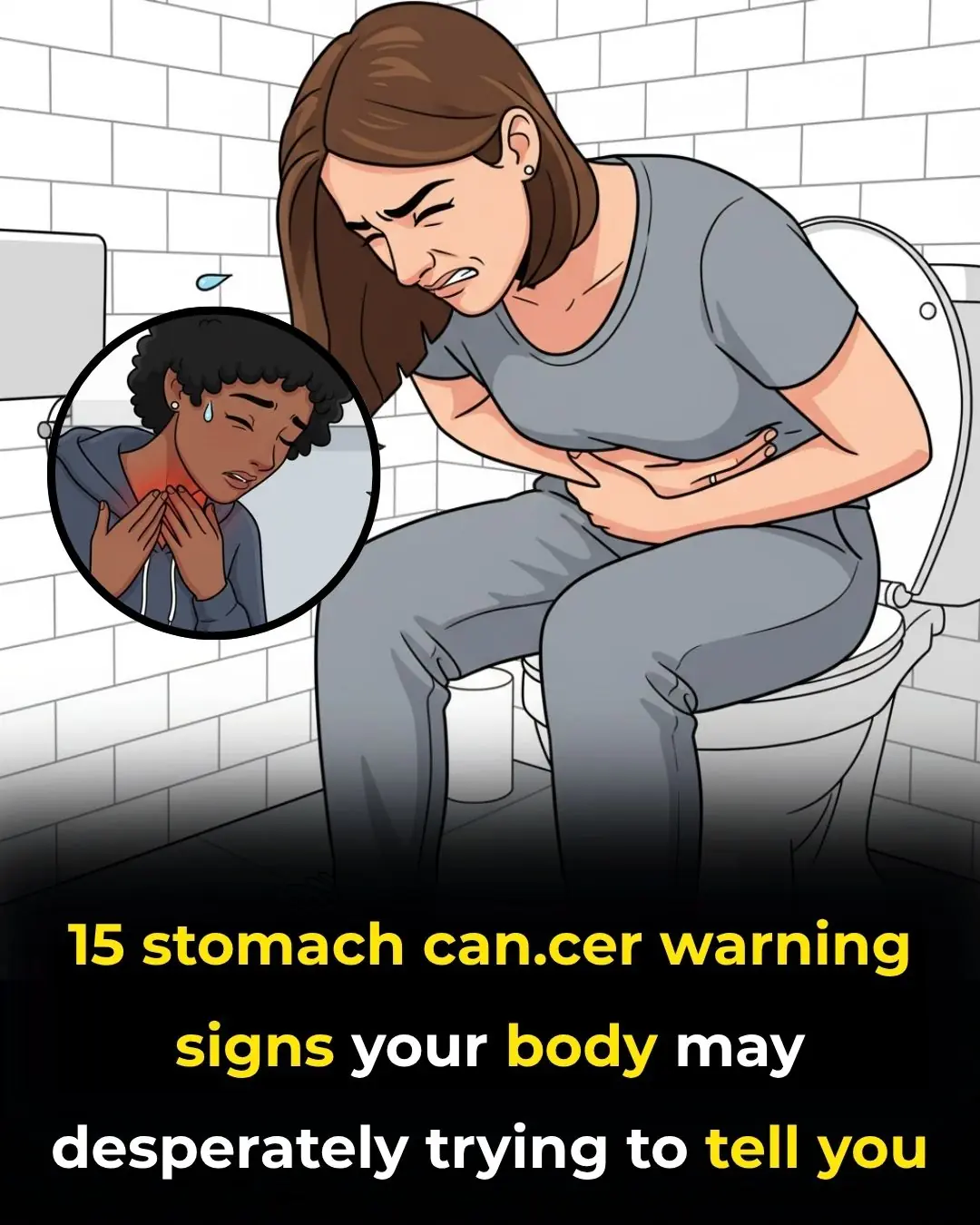
Stomach Can-cer: The “Silent Disease” You Shouldn’t Ignore

This ancient seed oil may help calm knee pain better than Tylenol, study suggests

This vitamin deficiency could be raising your colorectal cancer risk — and half the world is low

Tomato Extract: Better And Safer Blood Thinner Than Aspirin

12 warning signs of heart failure you should never ignore

7 essential vitamins every diabetic needs for nerve health
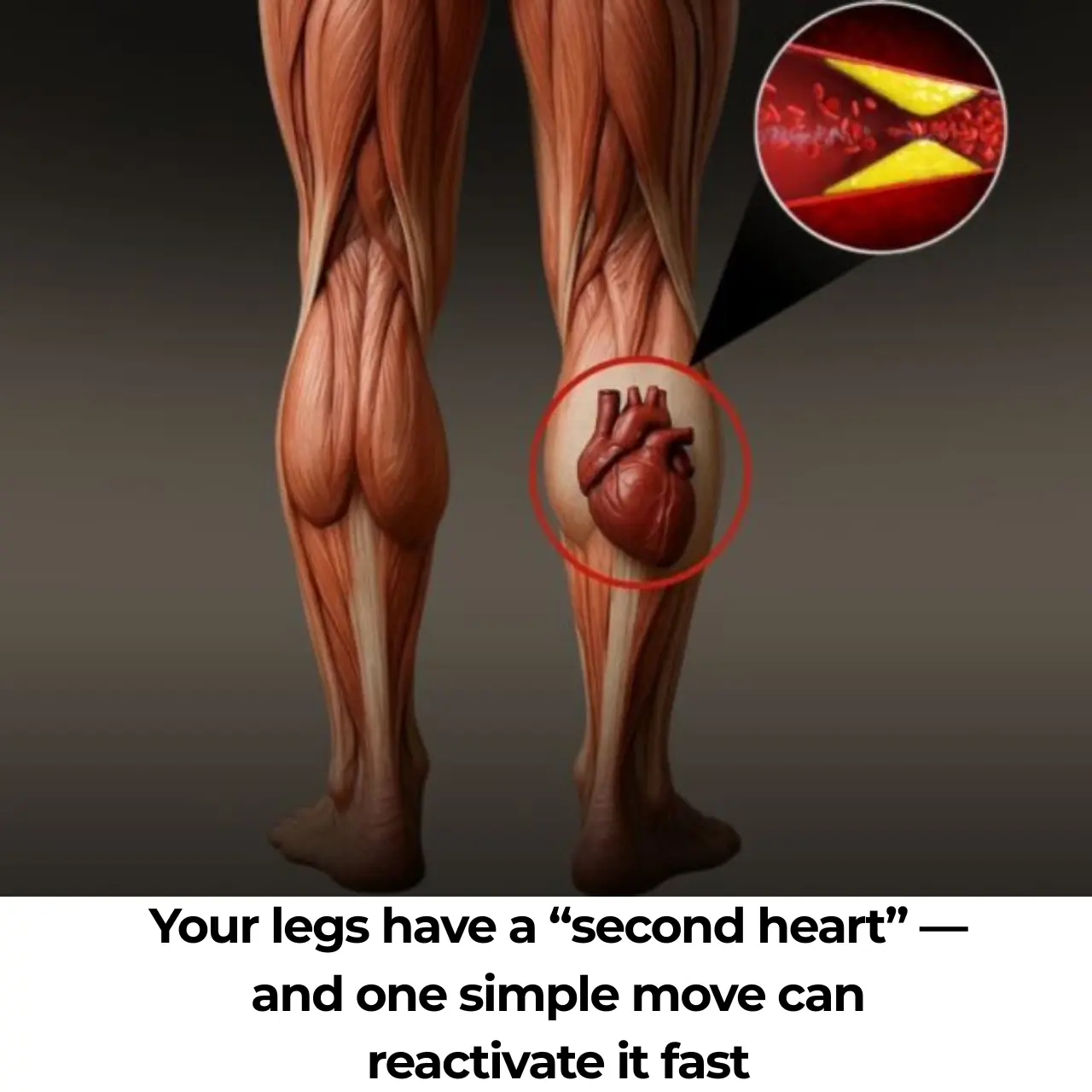
Your legs have a “second heart” — and one simple move can reactivate it fast

Why You Should Start Using Coconut Oil as a Toothpaste
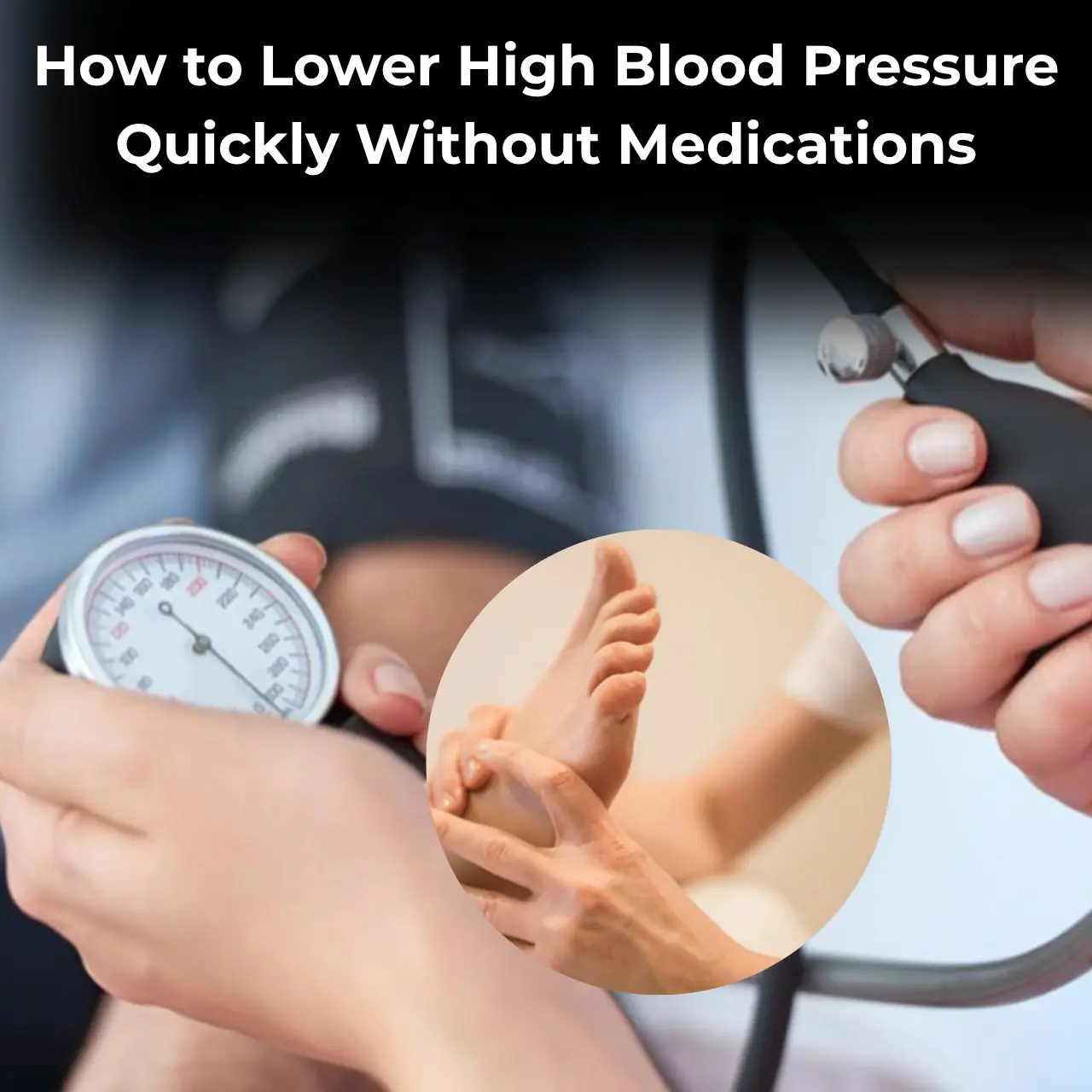
How to Lower High Blood Pressure Quickly Without Medications (Evidence Based)

3 powerful vegetables everyone overlooks (but shouldn’t!)

Seven Types of Pain You should Never Ignore

Proven Health Benefits and Uses of Thyme and Thyme Tea
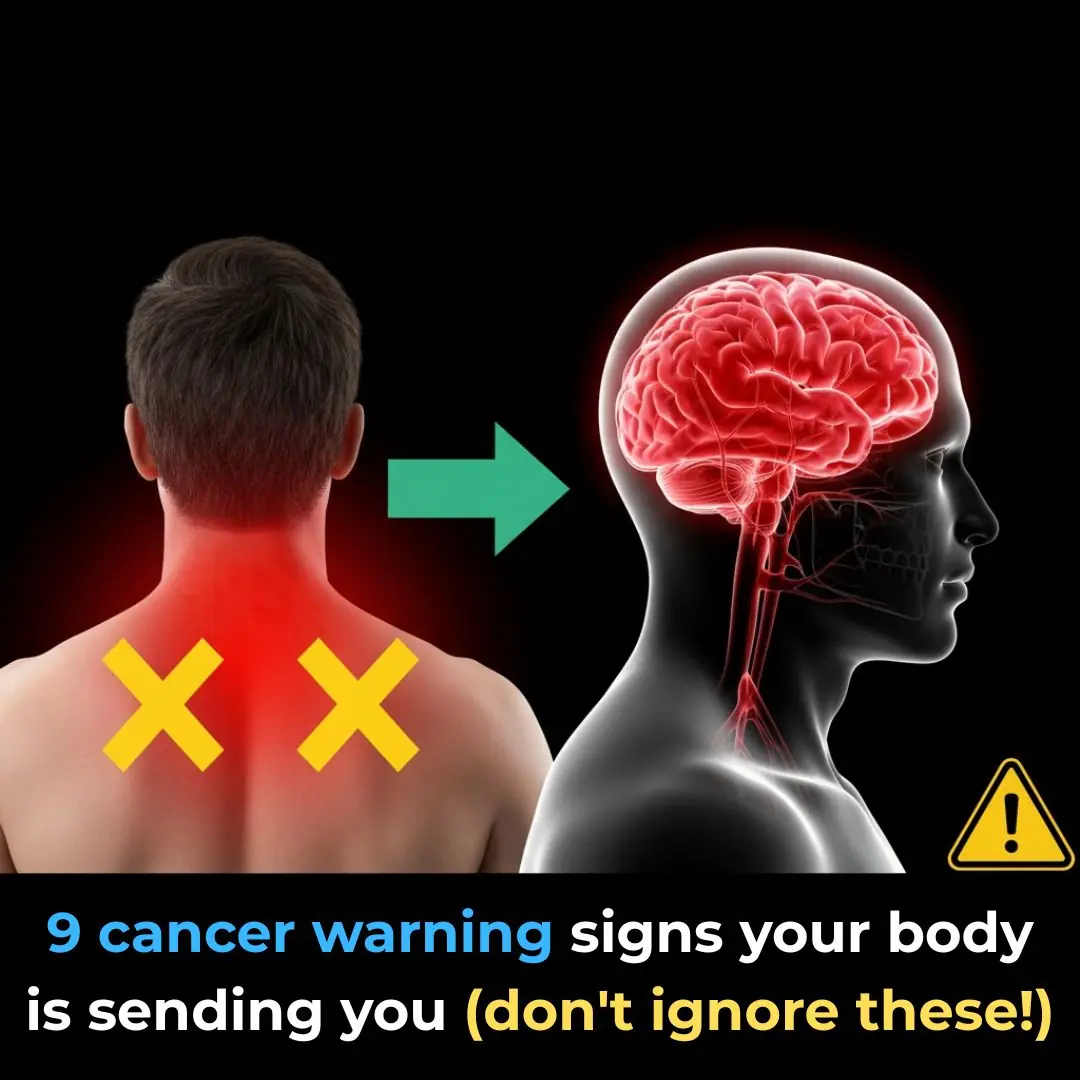
9 cancer warning signs your body is sending you (don’t ignore these!)
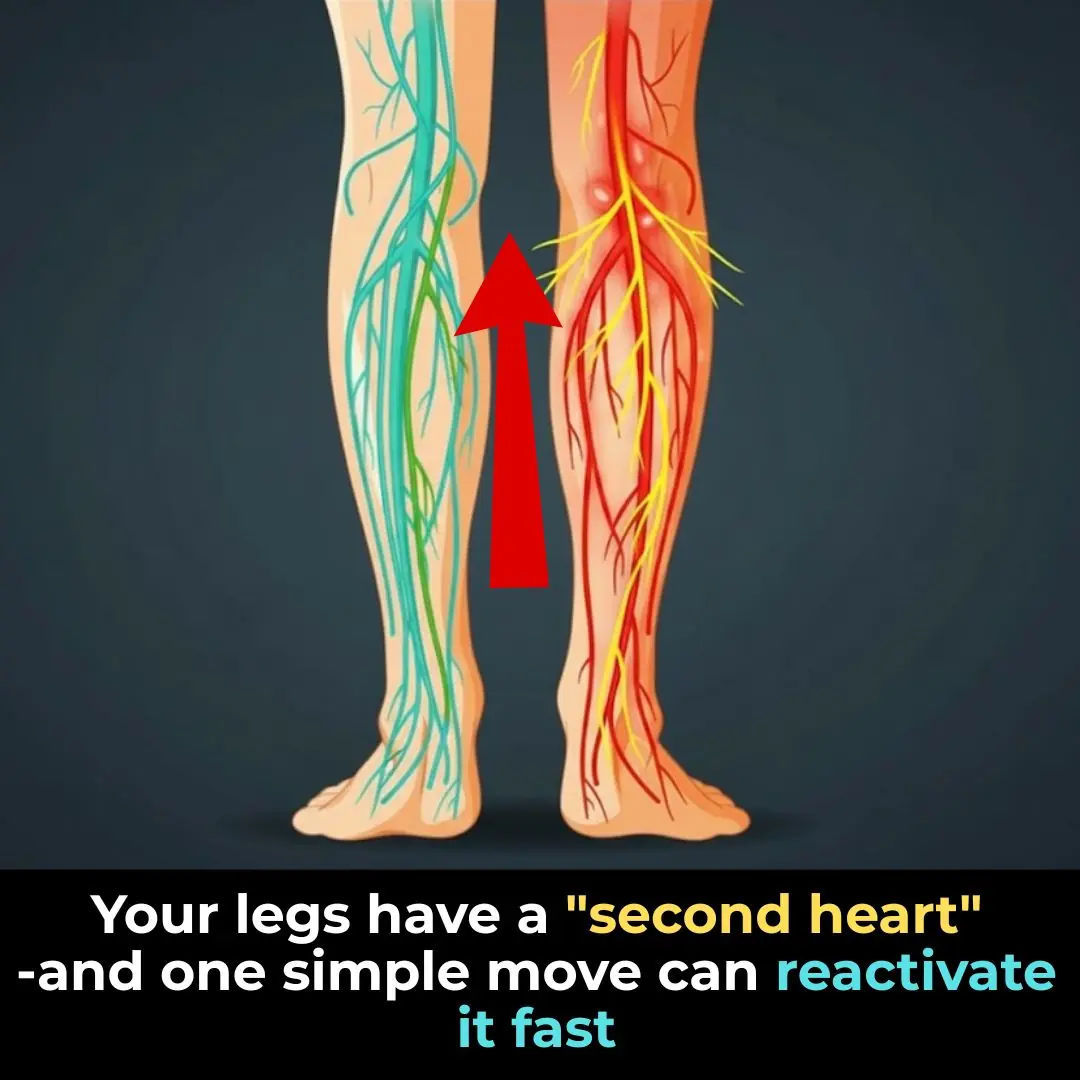
Your legs have a “second heart” — and one simple move can reactivate it fast
News Post

Effective tips to kill cockroaches, repel cockroaches forever

🦴 Hip Pain: What Does It Mean? Common Causes & When to Seek Help

The Underrated Powerhouse: Why Eggplant Deserves a Spot on Your Plate

Lowering Your Car Windows: A Life-Saving Tip When Driving Across Bridges

A Dangerous Habit When Washing Chopsticks — A Common Mistake That Could Harm Your Family’s Health

Two Golden Times of the Day to Drink Roasted Black Bean Water — Full of Health Benefits Few People Know

Stop Throwing Away Silica Gel Packets — 12 Smart Ways to Use Them at Home

12 Fast-Growing Shrubs That Create Natural Privacy

Stop Pulling Out Dandelions — Here’s What You Should Be Doing Instead

10 Common Watering Mistakes That Could Be Killing Your Plants

No One Told Me About This: The Secret to Year-Round African Violet Blooms

You See Everyone's Faces?": Erika Kirk Sparks Uproar After Trump Pulls Her In for Oval Office Kiss – and the Rooms -Reactions Has Fans Zooming In

‘The Feds Raided My Damn Door’: Funny Man Agent Ratliff, Known for Showing Up to Prank Bosses After Employee Complaints, Is Now Being Sued
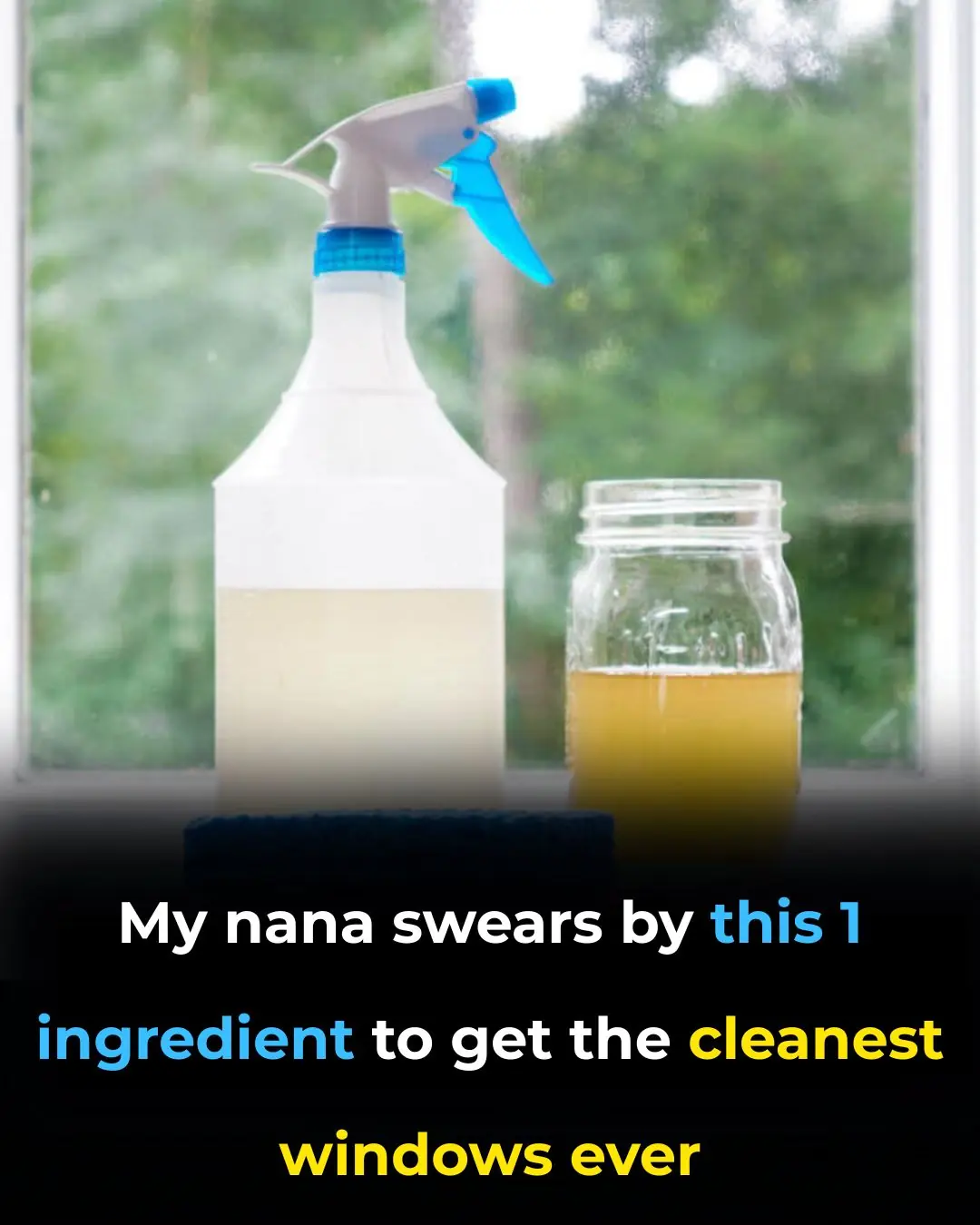
My nana swears by this 1 ingredient to get the cleanest windows ever

I had no clue about this!
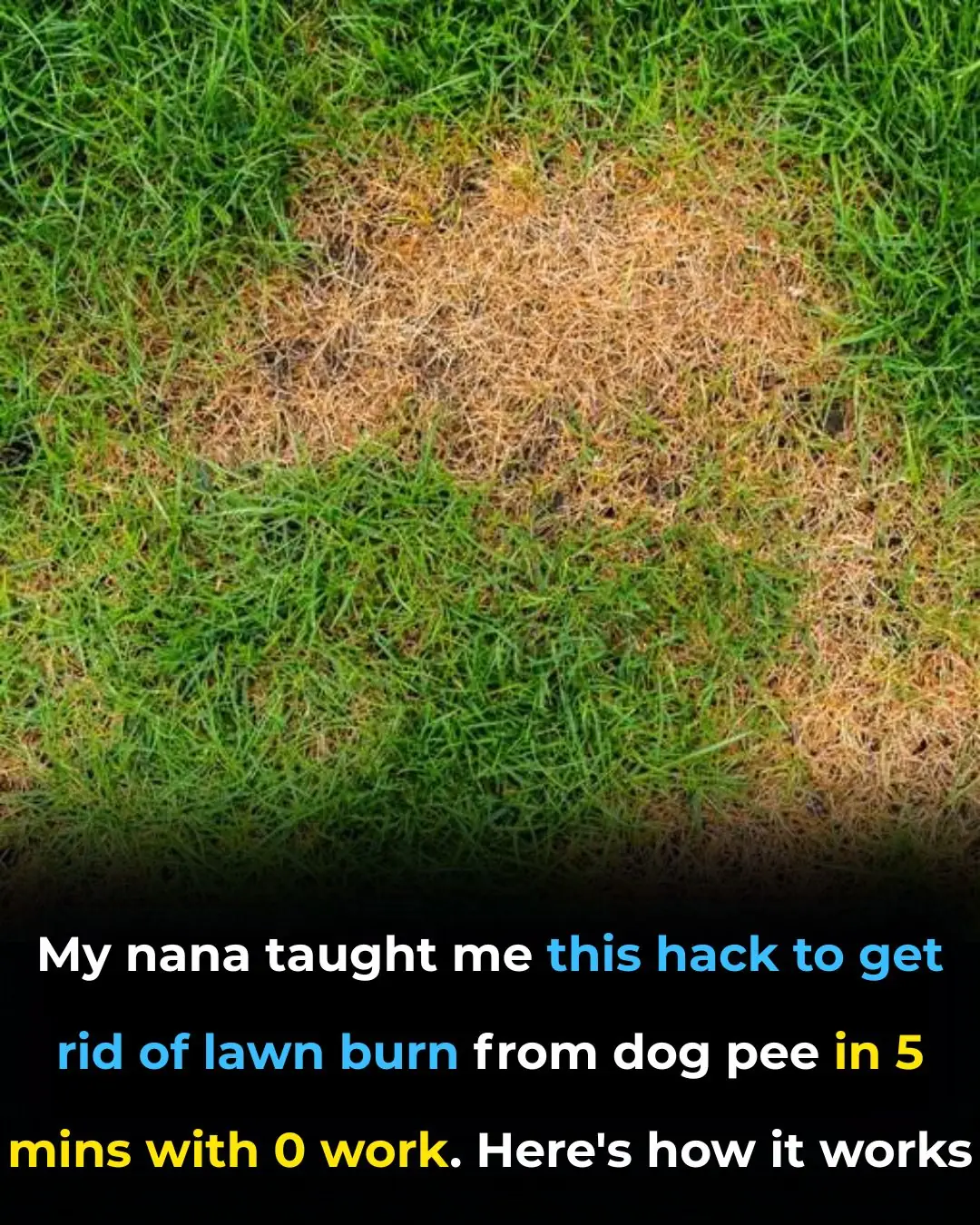
My nana taught me this hack to get rid of lawn burn from dog pee in 5 mins with 0 work. Here’s how it works

My nana taught me this hack to get rid of grill gunk in 4 mins with 0 work. Here’s how it works

Eating Beans Daily Slashes Your Risk of Heart Disease and Diabetes, Study Finds
